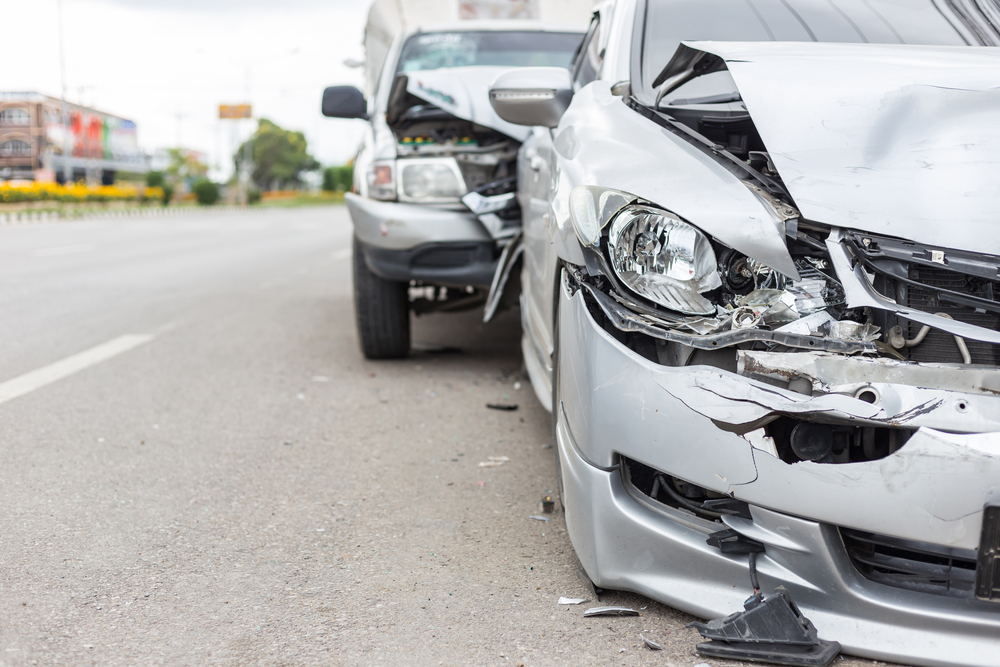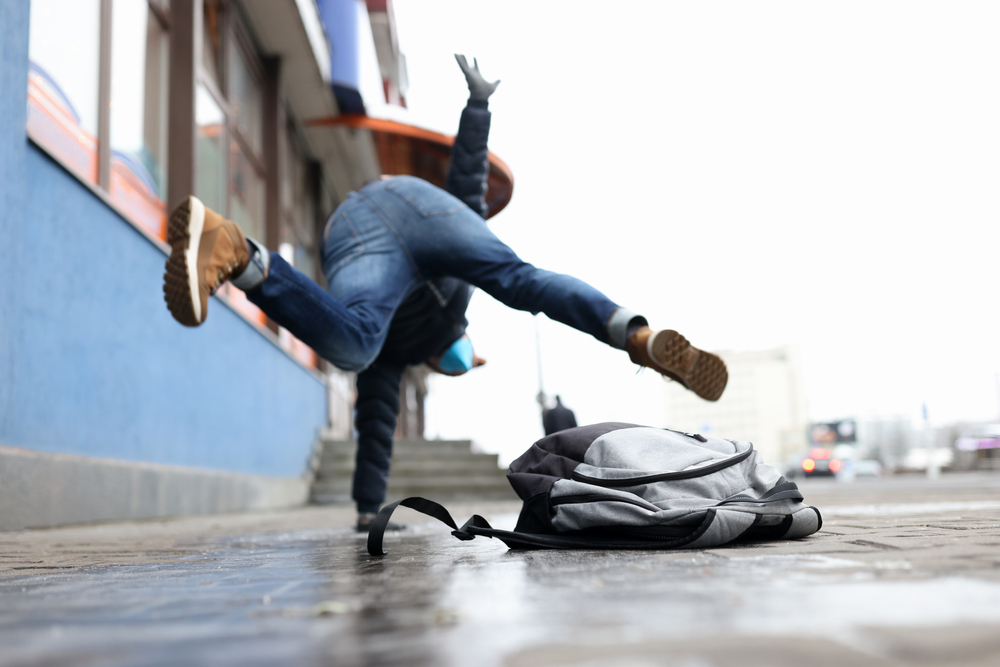You have gone out for the night, either to a friend’s house or to a local drinking establishment, and now you are on your way home. You drive up toward an intersection and see signs, flashing lights, stopped cars, and officers walking around. You have pulled up to a DUI checkpoint. So, what are your options?
As a team of experts in DUI law near Bucks County, Kalikhman & Rayz, LLC knows that people believe they have to go through a checkpoint simply because it’s there. If they turn around, that would look guilty, right? Well, the truth is, you are not legally required to travel through a DUI checkpoint. Check out this video on what you need to know, and continue reading to learn more about how Kalray Law can help individuals charged with a DUI.\
Can I Just Turn Around?
Once you see the DUI checkpoint, you can turn around to avoid it if you can do so safely. While you are certainly allowed to do this, police see this maneuver often. If you have time and room to turn down a side street or even make a completely legal U-turn, you can get home without incident. However, there is a chance you may draw attention to yourself and get pulled over for avoiding the checkpoint under the suspicion of driving under the influence. It will only be worse if you violate traffic laws in the process.
Okay, I’m Going Through the Checkpoint. What Are My Rights?
Here is the bottom line: DUI checkpoints are legally protected under the 4th amendment, which outlines reasonable search and seizure.
By the time an officer signals you to move toward the line of cars waiting to go through the checkpoint, you should comply since it is considered a lawful order by the police. Police may try to circumvent the issue of probable cause by asking for your permission for a search. They may not necessarily phrase their request in a fashion that makes it clear you can refuse, but in reality, you can and should refuse.
Even when you go through the checkpoint, your constitutional rights still apply. You are not required to consent to a search or to answer any incriminating questions. The only thing you have to provide is your identification and basic facts. While the police may try to make it seem like you have no choice but to submit to testing, that’s not necessarily the case.
Avoiding a DUI Checkpoint is Not Illegal
It is important to remember that avoiding a DUI checkpoint is not against the law. Although many have argued that drivers should not be able to avoid DUI checkpoints, turning away from a checkpoint does not necessarily “constitute reasonable suspicion of criminal activity,” according to the Pennsylvania Supreme Court.
If a vehicle enters the DUI checkpoint and law enforcement officials have a reasonable belief that criminal activity has occurred, then they can stop the motorist and question them. However, simply avoiding a DUI checkpoint is not grounds for a stop unless probable cause is present. It is also not a violation of Pennsylvania’s Vehicle Code to avoid a DUI checkpoint. Police officials that decide to pull over someone who turns away at a DUI checkpoint before entering for that reason alone can face allegations of constitutional rights violations.
However, the police will be looking for a sufficient cause if they notice a driver is turning around. Even a minor traffic violation could result in a traffic stop. For example, if you saw a DUI checkpoint up ahead and attempted to turn around but failed to use your turn signal, police would have sufficient cause to justify your stop.
When Can You Be Stopped for a DUI?
You can be stopped on suspicion of driving under the influence when going through a DUI checkpoint if police have a reason to believe that you are drunk or engaged in any other type of criminal activity. Law enforcement will even position a cop car right before the checkpoint that is looking for vehicles that are potentially avoiding the DUI checkpoint or turning around.
Then, the police will follow these drivers as they leave the DUI checkpoint area, looking for potential traffic violations or other criminal activity. If the driver swerves, does not have headlights on, drives over the speed limit, or fails to use a turn signal, for example, police would then have probable cause to stop the vehicle.
What to Do if You Are Stopped at a DUI Checkpoint
If you are stopped at a DUI checkpoint or while attempting to avoid one, it is important to understand your rights. First and foremost, you always have the right to remain silent. You should never say anything beyond giving the police your name and identifying information. Anything you say can and will be used against you if you face trial.
Remain calm, and if the police request you submit to a field sobriety or chemical blood alcohol test, you can politely refuse to take a field sobriety test without any implications. However, if you refuse to breathe into a breathalyzer or take a chemical blood alcohol test to determine your blood alcohol concentration BAC levels, you may face consequences under violations of Pennsylvania’s implied consent laws. Here, all motorists are implied to have given their consent to blood alcohol testing. While you do have the right to refuse, you can expect your driver’s license to be suspended, even if you are ultimately acquitted or the charges against you are dismissed.
Contact a Top-Rated PA DUI Lawyer for Help
It is crucial to understand that while a DUI checkpoint is simply a safety precaution and has no “special” legal protection outside of a regular traffic stop, avoiding it in an obvious or otherwise suspect display may result in being pulled over, fined, or worse.
All in all, it is always best to never drive under the influence. But as trusted car accident lawyers near Montgomery County, PA, Kalikhman & Rayz, LLC understands that everyone is entitled to proper legal representation. If you or someone you know has received a DUI, contact us today.





